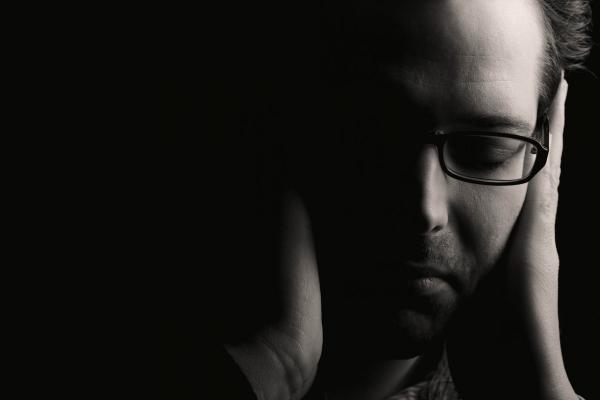Apr 4, 2017
Deaf white ears, children. Deaf white ears. That's what we have. Freedom is freedom for all or it's simply not freedom and Jesus still hangs on that cross today just as truly as he did all those years ago.
Read the Full Article

Already a subscriber? Login
